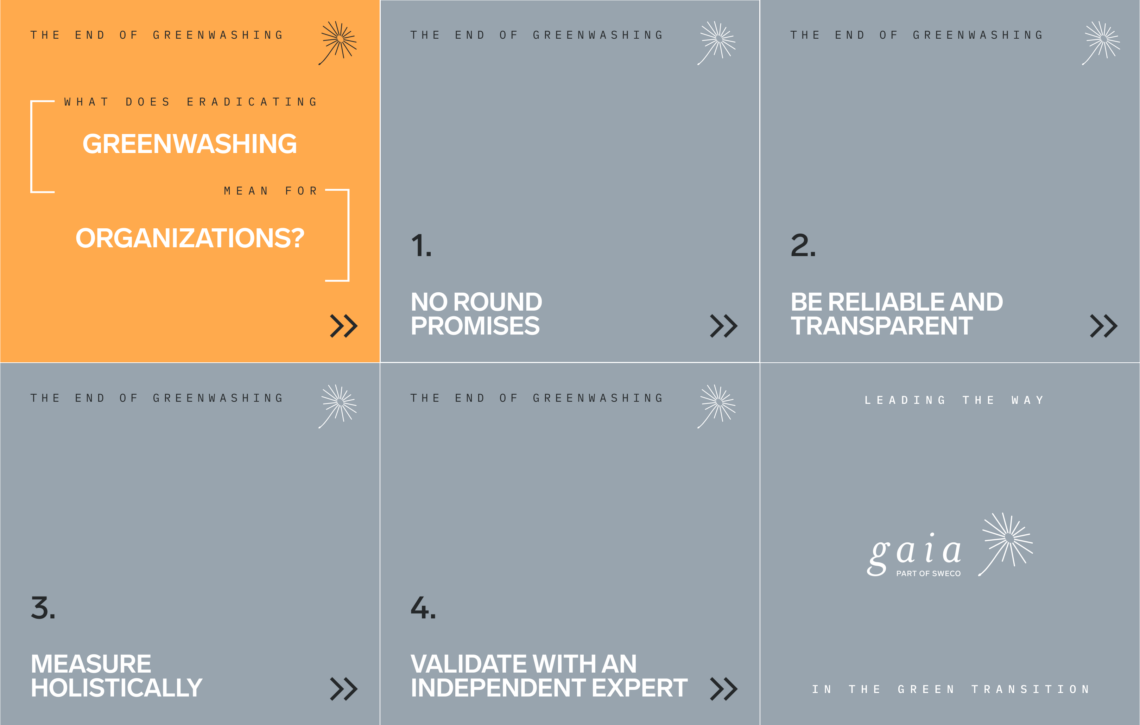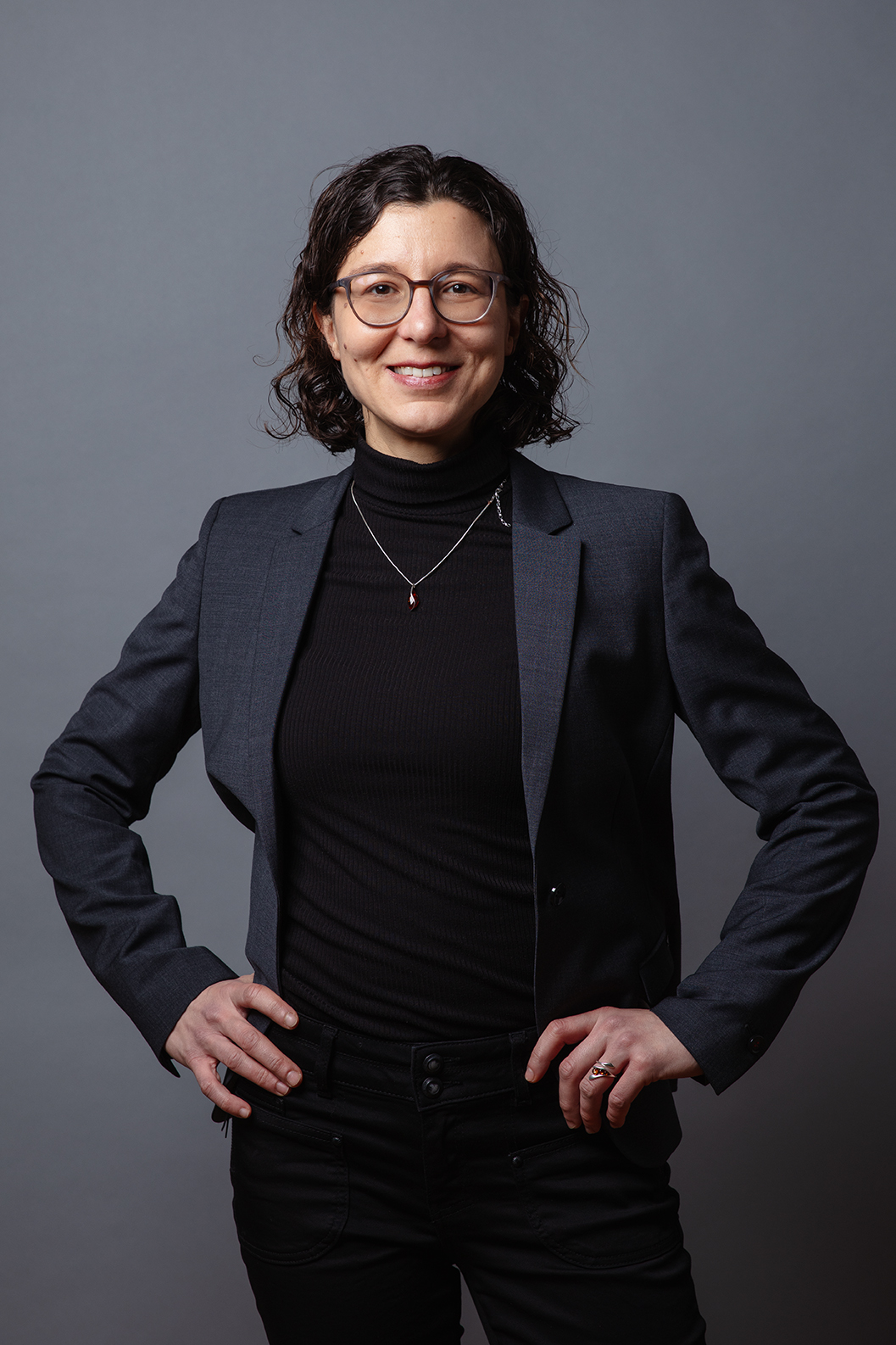Consumers’ skepticism towards sustainability claims has been rising in the last decades due to misleading or “too optimistic” assertions used in consumer communication in different sectors. Recently, also the European Consumer Authority has taken up the matter. As an example, the e-commerce giant Zalando, whose CEO a few years ago declared in the Financial Times that the era of fast fashion was coming to an end, had to remove eco-promises that were interpreted as misleading from their service. To ensure a level playing field on these matters, the European Parliament promoted the Directive on the Substantiation and communication of explicit environmental claims, also known as the “Green Claims” directive. The aim of the legislation is to ensure that it is easier for consumers to trust sustainability claims and find evidence to support them. How can organizations communicate about sustainability in the future without the risk of greenwashing?
As regulatory and litigation attention to green claims continues to heat up, companies can — and should — continue to highlight their sustainability metrics and policies to customers. The EU’s Green Claims Directive is expected to be approved in final form by the European Council by the end of 2024 and will be adopted by the Member Countries within the following 2 years. This schedule allows companies to act as forerunners by considering the new requirements while shaping their long-term sustainability strategy.

What does eradicating greenwashing mean for organizations?
- No round promises. In the future, general responsibility claims about sustainability, circularity, recyclability, climate friendliness such as “green choice” and claims based on compensating emissions or other environmental effects, such as “carbon neutral”, “climate neutral”, “climate positive” or “net zero”, will be prohibited in business-to-customer communication.
- Be reliable and transparent. Only promises and claims based on recognized scientific evidence and state-of-the-art technical knowledge are accepted. Similar criteria apply to claims related to the future environmental performance, which will need clear, objective, publicly available and verifiable commitments set out in a detailed and realistic implementation plan.
- Measure holistically. Responsibility claims must demonstrate that the environmental impact, aspect or performance that is the subject of the claim is significant from a life cycle perspective and take into account all environmental impacts that are relevant to the assessment of the environmental performance of the specific product.
- Validate with an independent expert. In the future, claims about products available on the market as well as the implementation plans for corporate sustainability strategy must be regularly checked by an independent third-party expert, whose findings will be available to consumers.
How can companies with an ambitious approach to responsibility benefit from the tightening legislation?
It is clear that sustainability will continue to be an important factor for consumers. Organizations that take a transparent and ambitious approach to responsibility as part of strategic business development gain a competitive advantage. Merely meeting the minimum standards does not create an advantage, as the EU regulatory framework separates the wheat from the chaff.
- Take a long-term perspective into account when making decisions. While meeting the minimum standards may be an immediate need, the opportunities presented by the green transition are the key to sustainable growth and success in the future. In order to successfully navigate the green transition, organizations need to undergo a shift towards a more sustainable strategy – we call it susformation.
- Evaluate the environmental effects of operations, supply chains, product use and recycling by calculating them accurately. It is helpful to follow a holistic approach and carry out a life cycle assessment study, which includes among others carbon footprint, water footprint and biodiversity footprint.
- Ensure transparent documentation in accordance with international standards.
- Arrange an external validation or critical review to check the organizations’ internal carbon footprint and life cycle assessment calculations and to evaluate the recyclability of products and the circularity of the business model.
- Create a communication strategy for sustainable development that is in line with the organization’s current communication strategy. The organization must ensure that all current and future claims not only comply with the requirements, but also create opportunities to stand out from other market players in a sustainable, transparent and reliable way.
If you need support regarding the green claims and action plan, Gaia’s experts can help you. For decades, Gaia has supported companies, organizations and communities in the green transition. We are one of the few consulting houses worldwide that only focuses on sustainability as a competitive advantage. We base our operations on research and science and always look far into the future.
Read more: Susformation — a solution for sustainable growth | Gaia.fi
Corporate Sustainability & ESG, Resources, Biodiversity, HSEQ, Risk Assessment and Management
piia.pessala@gaia.fi
+358 400 982 042



